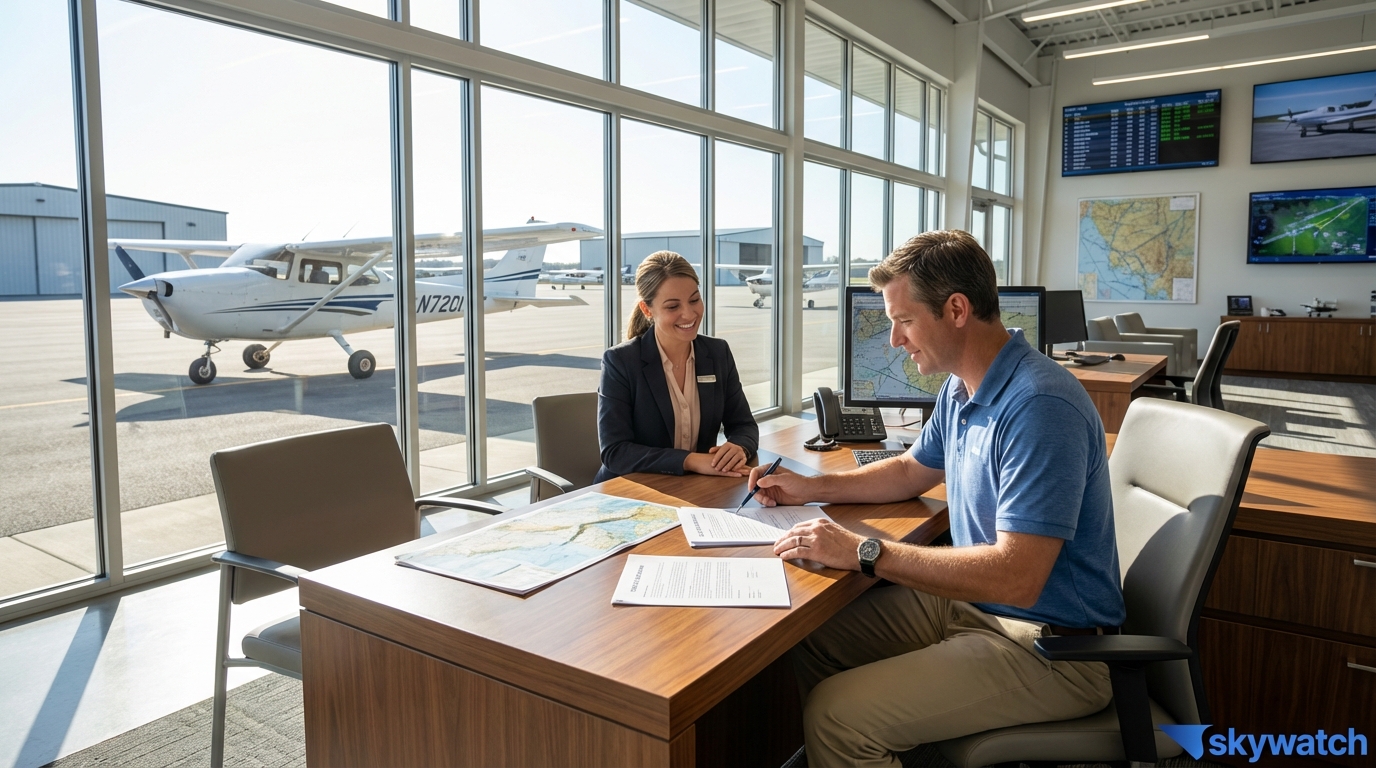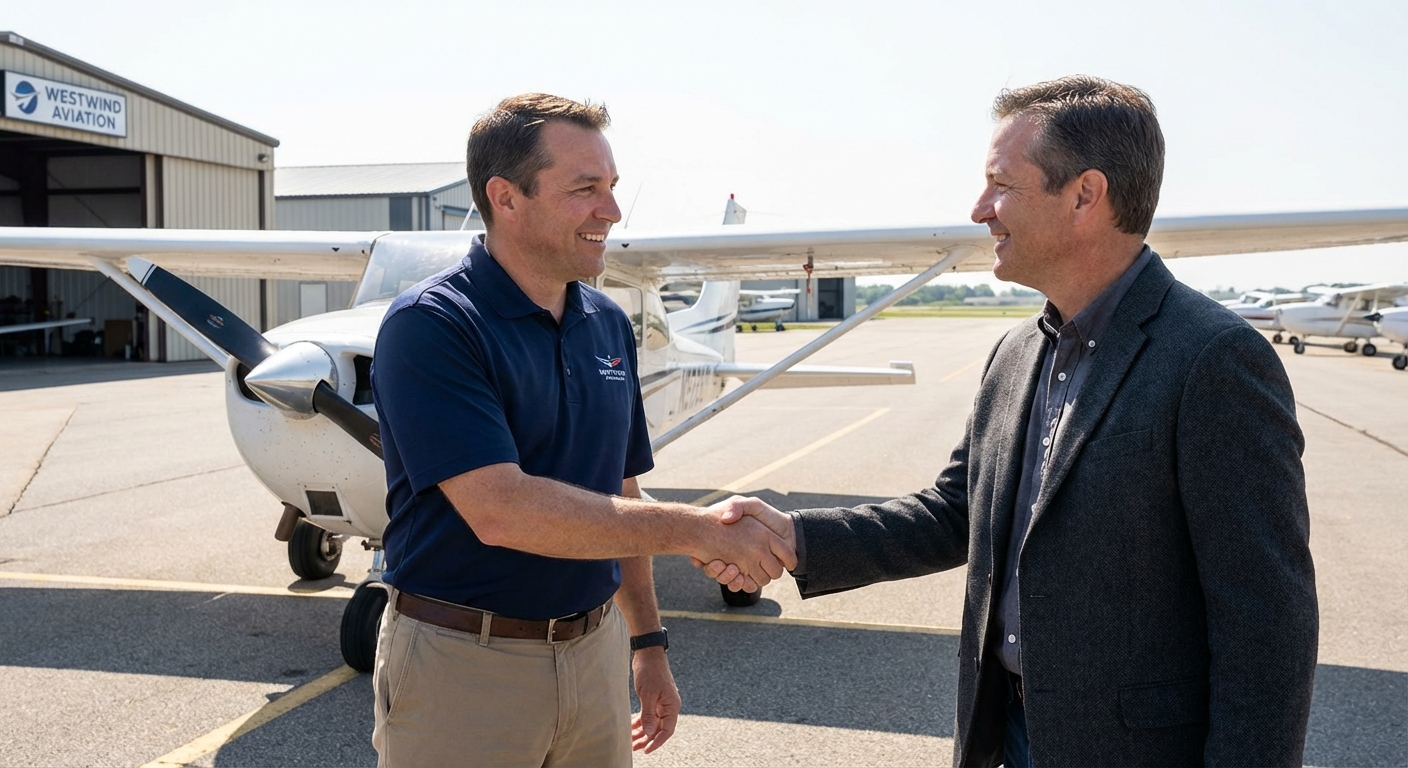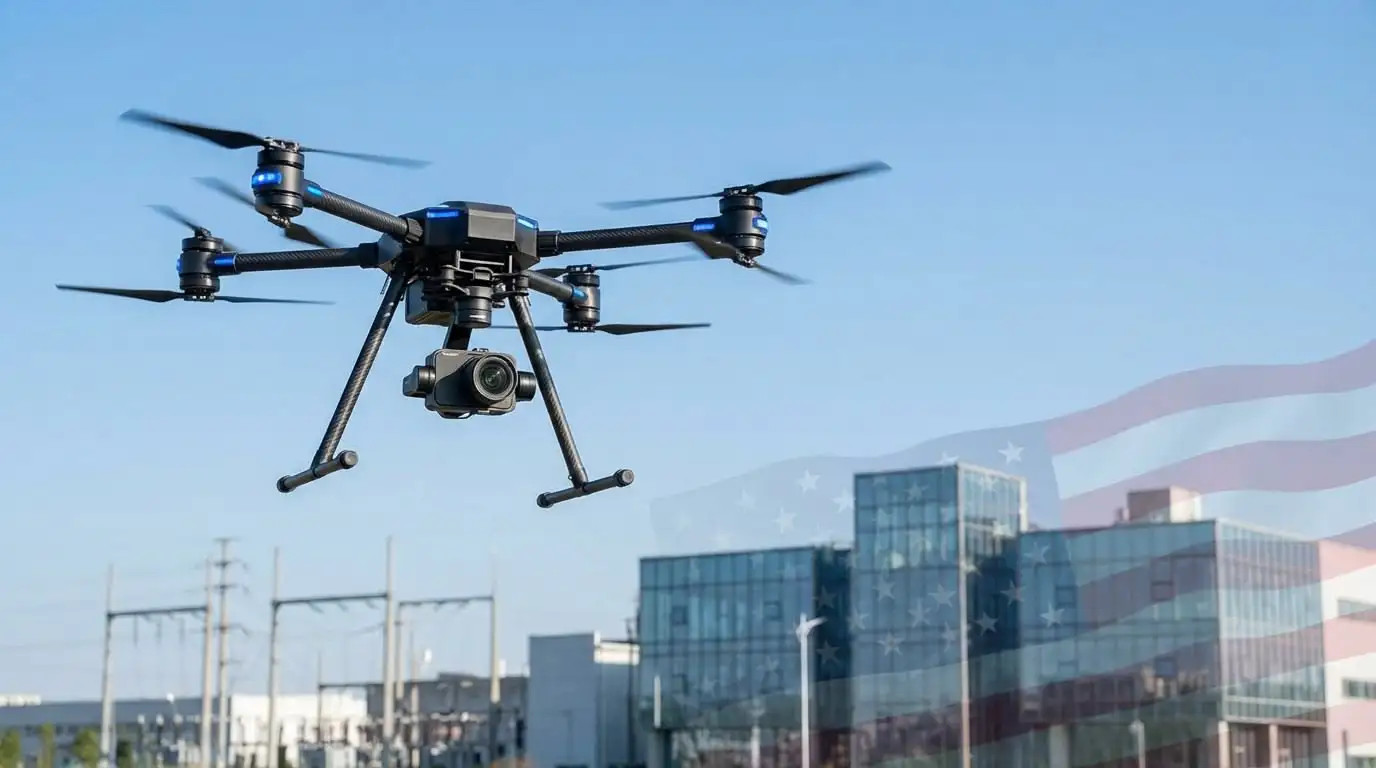SkyWatch analyzed thousands of piston-single policies between January 2024 and May 2025 and found five key factors that significantly impact your premium costs. Learn how pilot proficiency, storage options, and other variables can help you save.


Recent Hours on
Your Make & Model
Pilots talk "total time," but underwriters zero-in on recency in the exact airframe you insure. When the logbook proves you've stayed current in that cockpit, the probability of loss-of-control and runway excursions plummets—so does the price.
Logging the airplane you own more than halved the bill.
Advanced Training
& Pilot Ratings
Every new certificate adds disciplined decision-making and structured recurrent training. Carriers translate that lower risk into better terms—especially when an instrument rating sits beside robust recent hours.
Ratings and recency combine to slice 56% from the invoice.
Liability Limit You Choose
Hull value is baked in after purchase; liability is editable each renewal. Doubling coverage is often cheaper than a single tank of Avgas.
Jumping from $500k to $1M added just $133 (~6%).
Hangar vs Tie-Down
Housing your airplane inside a proper hangar does far more than keep the paint glossy—it shields the airframe from the daily punishment of sun, wind-driven grit, sudden hail, torrential rain and snow loading. By eliminating those cycles of baking and battering, owners typically see fewer corrosion-control squawks and longer intervals between cosmetic or seal-replacement work, which translates directly into lower upkeep costs and a higher resale number.
If you lease space, do a quick due-diligence check on the hangar operator's own coverage: make sure their policy (or the airport's) carries property and liability limits that would respond to a roof-collapse, fire, flood or ramp mishap. A sturdy roof is great protection; a well-insured roof is even better.
Claim-Free History
A clean claims record is more than just a line-item credit at renewal—it's the pass that lets you shop among the most competitive underwriters. The moment an accident or paid loss shows up on your history, insurers flag it and it may not only affect your premium but also the eligibility to get insurance.
After an incident (especially if more than one) in a five-year window, many top-tier markets will either load the premium heavily, or decline to quote altogether, leaving the owner to seek coverage in secondary markets where rates and terms are notably tougher.
Bottom line: the cheapest "discount" you'll ever earn is the one you never have to apply for. Rigorous maintenance logs, conservative go/no-go decisions, and disciplined adherence to standard procedures keep both people and premiums safe—and preserve your access to preferred rates.
Putting It All Together
Most of these levers are in your hands. Fly often, train smart, tuck the airplane inside and choose the right limit for your mission. Then let SkyWatch's instant-quote engine do the rest—upload your logbook and watch the credits apply in real time.
Ready to see your number? Get a quote in 90 seconds at SkyWatch.ai—no phone tag, no paper.










